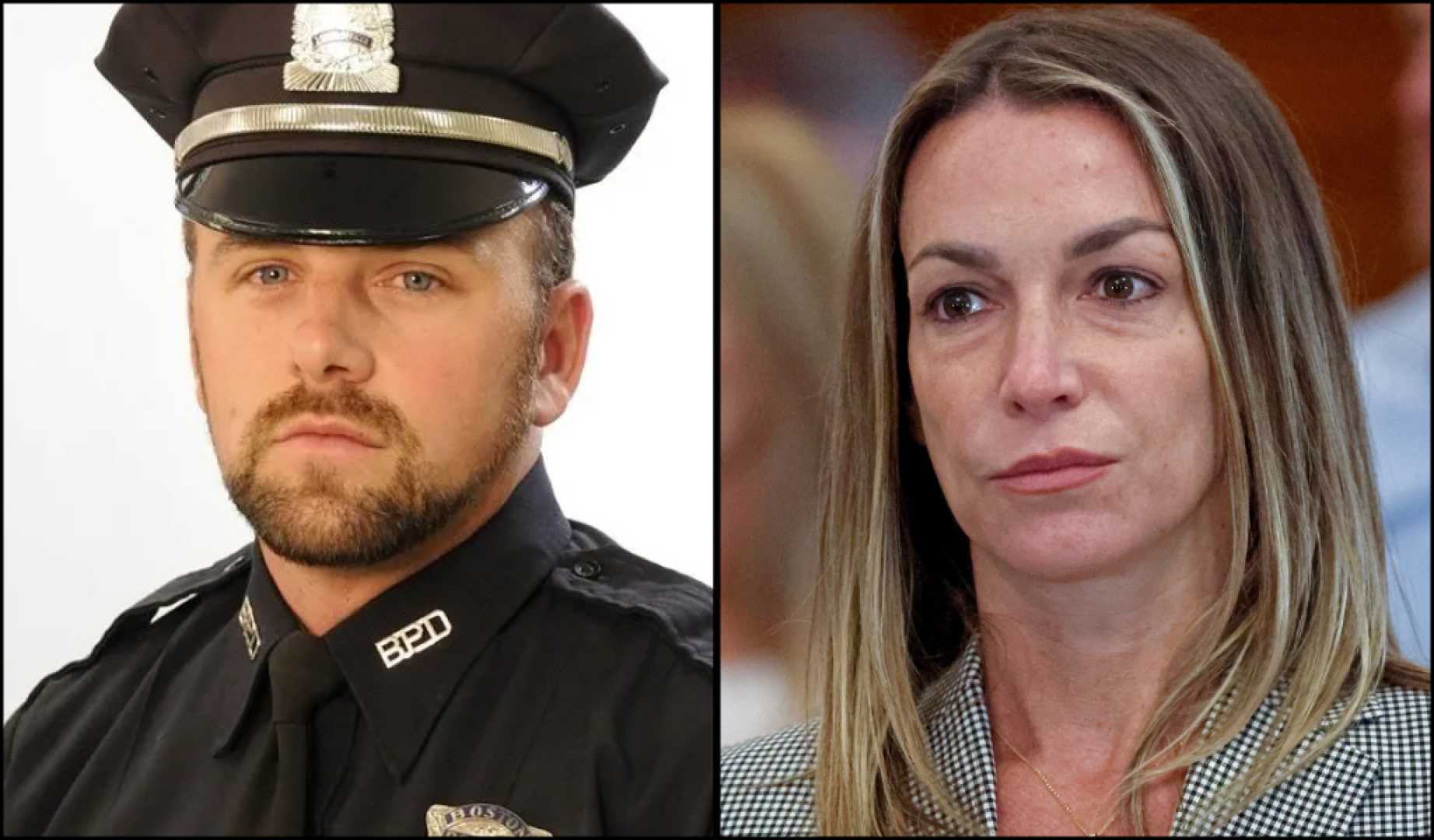News
Retrial Begins for Karen Read in Murder of Boston Police Officer

CANTON, Mass. — Karen Read, a Massachusetts woman accused of murdering her boyfriend, Boston police officer John O'Keefe, is set for a retrial following an earlier mistrial that generated significant media attention. Read is charged with second-degree murder, manslaughter, and leaving the scene of a fatal crash, with her defense alleging she is a victim of police misconduct and a wrongful accusation.
The case stems from a night in January 2022 when Read allegedly backed her Lexus SUV into O’Keefe after a night of drinking and left him outside in a snowstorm, resulting in his death. Read’s supporters have claimed police framed her for the crime, asserting that O’Keefe’s fellow officers were involved in a cover-up.
The first trial, which ended in a mistrial last July, revealed significant community division and sparked public protests, with demonstrators holding signs in support of Read. The jury, made up of six men and six women, expressed their inability to reach a consensus after days of deliberation, citing entrenched beliefs on both sides.
“The divergence in our views are not rooted in a lack of understanding or effort but deeply held convictions that each of us carry,” the jury stated in a note to the judge. This prompted the Norfolk County District Attorney’s Office to seek a retrial.
Read’s defense team has sought to quash the retrial, arguing that jurors had indicated confusion about their verdicts, but their requests have been denied. The retrial is scheduled to commence on April 1, 2025, under the scrutiny of renewed public interest.
Details from the night of O’Keefe’s death remain contested. According to court documents, after a night of bar-hopping, Read dropped O’Keefe off at another officer’s home shortly after midnight. He was reported missing by his teenage niece, and his body was discovered in the snow about six hours later, leading to the conclusion that he died from blunt impact injuries and hypothermia.
The prosecution argues that Read left the scene without calling for help, citing damning evidence like a broken taillight and blood traces found nearby. They contend that text messages exchanged between the couple indicate a tumultuous relationship, with Read allegedly leaving a message expressing hatred towards him around the time of his death.
In contrast, Read’s defense claims that O’Keefe might have been involved in a physical altercation with other officers present that night. They contend that evidence of a fight exists, including scratch marks on O’Keefe’s arms that they attribute to a dog, complicating the narrative that he was struck by a vehicle.
Evidence collection methods have also been scrutinized, particularly after a trooper leading the investigation faced backlash for the quality of the procedural work, including improper evidence handling. This is compounded by allegations that the lead investigator sent derogatory messages about Read, raising questions regarding potential biases in the investigation.
In the wake of the mistrial, O’Keefe’s family has filed separate civil claims against Read, alleging negligence and overservice by bars that allegedly served Read. The outcome of these proceedings may impact public sentiment as the retrial date draws near.
Read, who has maintained her innocence throughout the ordeal, has engaged extensively with the media, stating, “I have nothing to hide,” and expressing hopes that public understanding of her situation will aid her case. As the new trial approaches, she faces mounting legal fees, resorting to liquidating personal assets to facilitate her defense.
As tensions surrounding the case rise, both sides appear determined to present their narratives vigorously in an approaching trial that could change the course of Read’s life forever.












